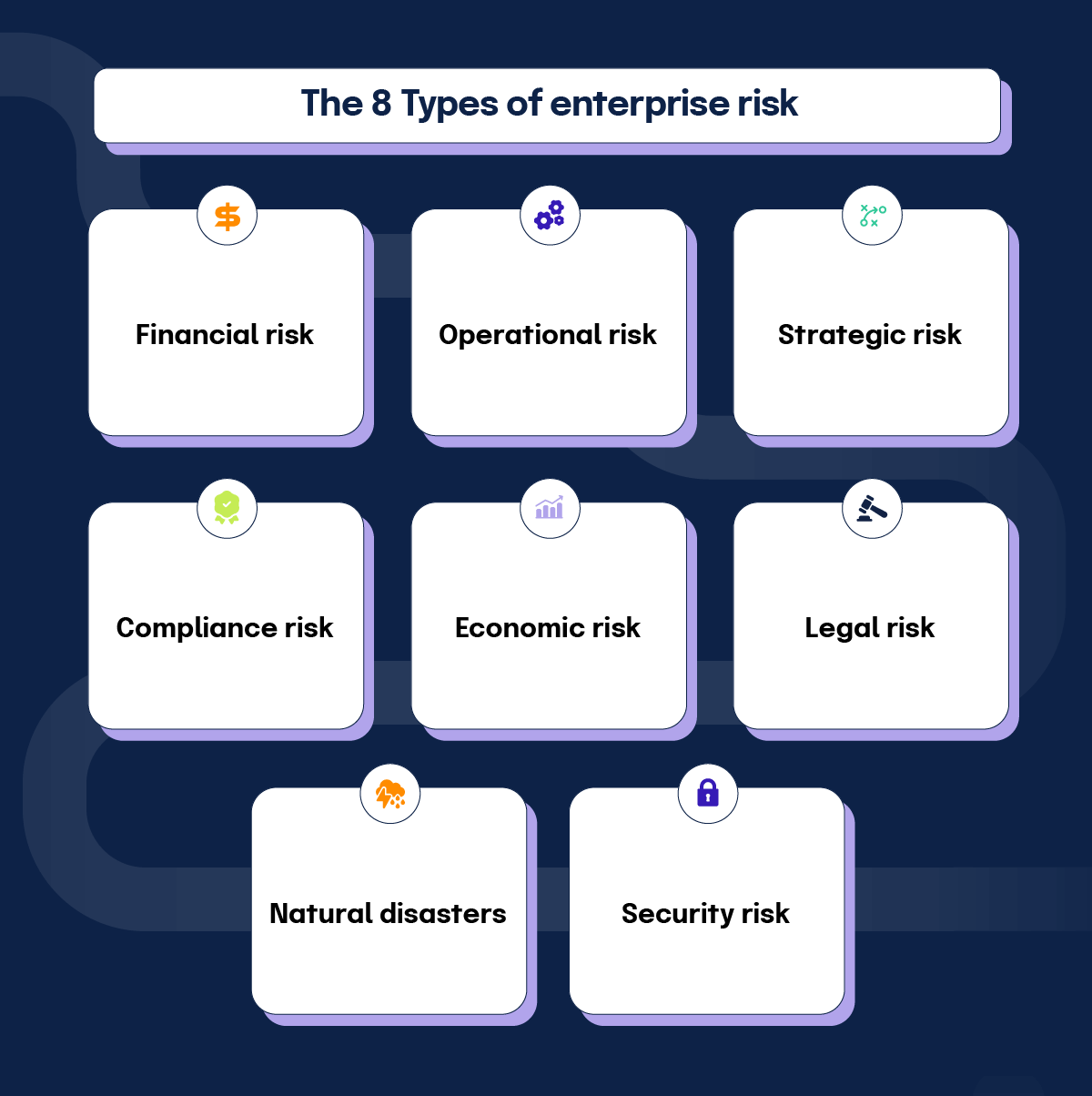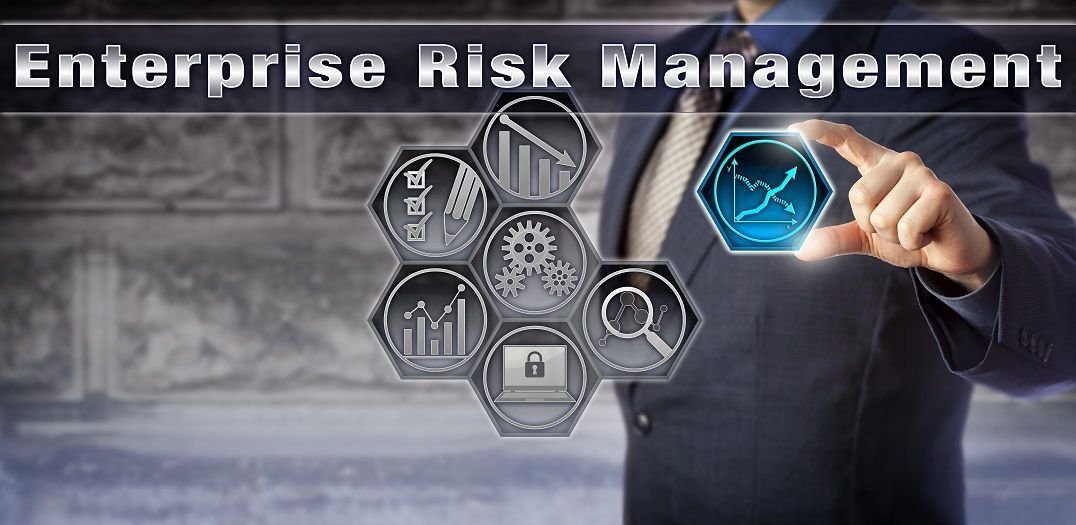Insider threats serve as a useful guide for strengthening system frameworks
Discover the Role of AI in Supporting Ethics and Stability to Battle Expert Threats Efficiently
The assimilation of AI in business structures has actually come to be critical in addressing insider risks. By employing innovative analytics and real-time tracking, AI systems can determine variances from honest behavior amongst workers (Insider threats). This positive strategy not just boosts compliance but likewise promotes a setting of depend on. As firms significantly count on these innovations, concerns occur regarding their effectiveness and potential implications for workplace culture. What exists ahead in the evolution of AI's role in advertising honesty?
Understanding Expert Hazards and Their Influence On Organizations
Organizations often concentrate on outside risks, insider risks posture a considerable danger that can undermine protection and integrity. These risks arise from individuals within the company, such as specialists or staff members, that might misuse their access to delicate information for personal gain or harmful intent. The effect of insider threats can be serious, resulting in financial losses, reputational damage, and lawful implications.
Aspects adding to insider dangers consist of dissatisfaction with the workplace, lack of oversight, and poor staff member training on protection procedures. Organizations frequently battle to determine these dangers, as they can be tough to discover up until substantial damage has occurred. Prevention approaches need to concentrate on cultivating a society of trust and accountability, along with executing durable tracking and reporting systems. By identifying and resolving the intricacies of expert threats, organizations can boost their safety position and secure their useful possessions from inner threats.
The Development of AI in Office Safety And Security
As companies significantly face diverse protection obstacles, the assimilation of expert system (AI) in workplace safety has actually advanced substantially. At first, AI applications concentrated mostly on automating standard security procedures, such as gain access to control and security. Nonetheless, developments in artificial intelligence and information analytics have changed AI into an aggressive tool efficient in recognizing possible dangers and vulnerabilities in real-time.
Organizations now take advantage of AI-driven systems to assess substantial quantities of information, allowing them to find strange habits that may show insider dangers. This evolution has brought about the advancement of innovative formulas that can gain from historical incidents, enhancing the system's predictive capacities. In enhancement, AI tools are increasingly made use of to streamline case feedback processes, allowing safety and security teams to act swiftly and successfully.
Exactly How AI Monitors Staff Member Actions for Ethical Compliance
Expert system plays a vital role in keeping track of employee habits to guarantee moral conformity within organizations. AI systems assess vast amounts of data produced by employees, including communications, purchases, and access to delicate information. By using innovative formulas, these systems can determine discrepancies from developed honest criteria and firm policies.
Artificial intelligence models constantly adapt to acknowledge patterns of habits that may indicate honest breaches, such as unapproved data accessibility or uncommon purchase activities. Insider threats. Additionally, AI-driven tools can offer real-time alerts to monitoring, promoting prompt treatments when potential dangers are identified
The combination of AI right into conformity surveillance not only boosts the organization's capability to maintain integrity however additionally promotes a culture of liability among staff members. By advertising openness, AI systems act as a deterrent against dishonest habits, guaranteeing that staff members continue to be lined up with honest standards and organizational values.
Evaluating Patterns: Identifying Risky Actions With AI
An expanding number of organizations are leveraging AI to assess patterns that may suggest dangerous actions among employees. By making use of sophisticated algorithms, these systems can sort via huge quantities of data, recognizing anomalies in customer habits that can recommend prospective expert hazards. AI can discover unusual accessibility patterns to sensitive info, such as employees accessing files outside their normal scope of job or throughout irregular hours. Additionally, behavior analytics can highlight constant changes in a worker's interaction design or cooperation routines, which might signify underlying issues. This proactive method makes it possible for organizations to determine risk variables prior to they escalate into significant hazards. The integration of AI into monitoring techniques not only enhances safety but likewise fosters a culture of accountability and moral actions. By identifying these patterns, organizations can much better recognize the behavior dynamics within their labor force, ultimately promoting a more secure and extra moral job atmosphere.
Real-Time Insights: Immediate Feedbacks to Possible Risks
Real-time insights with anticipating analytics and automated alert systems play an important function in addressing potential dangers to ethics and stability. By leveraging these modern technologies, companies can anticipate high-risk actions and react promptly to reduce threats. This aggressive strategy boosts accountability and promotes a society of stability in different settings.
Predictive Analytics Applications

Automated Alert Systems
Predictive analytics gives a structure for companies to improve their responsiveness to honest concerns through automated alert systems. These systems make use of real-time data to keep track of activities, identifying abnormalities that may signify possible expert threats. By leveraging artificial intelligence formulas, automated notifies can determine patterns of actions that differ established norms, permitting quick intervention. This immediacy is necessary in mitigating threats connected with unethical methods. Additionally, automated sharp systems can improve interaction among pertinent stakeholders, making sure that prospective hazards are resolved immediately and efficiently. As organizations progressively count on AI-driven services, the assimilation of automated sharp systems will certainly play a critical duty in fostering a society of principles and honesty, ultimately guarding business properties.
Promoting a Culture of Trust Via AI-Driven Openness
AI-driven transparency can considerably boost trust within companies by advertising responsibility and open interaction. Via real-time surveillance services, stakeholders can gain insights right into processes and decision-making, cultivating a society of integrity. Data-driven decision-making even more sustains this transparency, making it possible for notified options that line up with honest standards.
Enhancing Openness and Accountability
Just how can organizations properly foster a society of trust? By enhancing openness and accountability via the calculated usage of expert system. AI can help organizations methodically track decision-making procedures, making certain that activities straighten with established ethical standards. This openness enables employees to see the reasoning behind policies and decisions, minimizing obscurity and fostering a sense of justness. Furthermore, AI-driven tools can facilitate clear interaction concerning duties and expectations, empowering individuals to take ownership of their activities. As liability becomes ingrained in the organizational society, employees are more probable to take part in honest habits, understanding their actions are checked and evaluated. Inevitably, this strategy grows an atmosphere where depend on can thrive, significantly mitigating the danger of insider threats.
Real-Time Monitoring Solutions
As companies progressively look for to promote a culture of count on, real-time tracking services become a critical device in enhancing openness. These AI-driven systems constantly track tasks, giving understandings into individual behavior and possible abnormalities that may suggest expert risks. By implementing such surveillance services, companies can proactively identify threats, check this site out making sure prompt actions to suspicious tasks. This not only safeguards delicate details but likewise reinforces a dedication to moral practices. The transparent nature of real-time tracking assists construct staff member confidence, as individuals are conscious that their activities are being observed for the greater good. Eventually, these remedies offer to grow a workplace atmosphere grounded in depend on, accountability, and moral integrity, crucial for reducing insider hazards efficiently.

Data-Driven Decision Making
Real-time surveillance options prepared for data-driven decision making, which significantly improves organizational transparency. By leveraging AI innovations, organizations can evaluate huge quantities of data to identify patterns and anomalies a measure of potential insider threats. This logical strategy enables stakeholders to make informed decisions based in empirical proof, promoting a society of trust fund amongst workers. Transparency in decision-making processes, boosted by AI-driven insights, encourages accountability and moral habits. Additionally, it allows companies to proactively attend to susceptabilities, ensuring that activities taken are justified and communicated clearly. Because of this, the execution of data-driven methods not only mitigates risks connected with expert dangers however likewise reinforces the worths of stability and moral conduct within the business structure.
Future Trends: The Duty of AI in Enhancing Work Environment Ethics
While companies progressively turn to expert system for functional effectiveness, the potential of AI to boost workplace principles is acquiring prominence. Future patterns indicate that AI will certainly play an important duty in establishing ethical frameworks and guidelines, allowing organizations to browse complex ethical problems. By analyzing huge amounts of data, AI can recognize patterns of dishonest actions and offer insights that advertise transparency and liability.
Furthermore, AI-driven tools can facilitate real-time tracking of staff member interactions, ensuring adherence to honest standards. This aggressive technique not only reduces expert hazards but also cultivates a society of honesty. As companies accept AI technologies, they have to also prioritize moral programs and mathematical prejudice decrease to assure justness.
In this evolving landscape, the combination of AI in honest methods represents a transformative change, cultivating a setting where honesty is not just anticipated but systematically enhanced.
Regularly Asked Questions
How Does AI Differentiate Between Benign and Malicious Actions?
AI separates in between benign and destructive activities by assessing patterns in customer actions, using maker discovering formulas to identify anomalies, and reviewing contextual data to identify whether activities line up with well-known standards or display potential hazards.
Can AI Equipment Replace Human Being Judgment in Ethical Decision-Making?
AI tools can not completely replace human judgment in moral decision-making. While they can assess data and recognize patterns, the nuanced understanding of context, worths, and ethical ramifications still needs human understanding and discernment.
What Are the Privacy Ramifications of AI Keeping An Eye On Worker Habits?

Just How Can Organizations Make Certain AI Algorithms Are Morally Created?
Organizations can ensure AI algorithms are ethically made by applying clear advancement processes, involving varied stakeholders, carrying out regular audits, and sticking to well established honest frameworks that focus on justness, accountability, and regard for individual privacy and civil liberties.
What Training Is Needed for Staff to Recognize Ai's Honest Role?
Team training should encompass fundamental AI principles, information privacy, and prejudice recognition. Workshops, study, and interactive sessions can improve understanding, ensuring workers acknowledge AI's moral ramifications and its role in promoting integrity within the company.
Man-made intelligence plays a crucial role in checking worker actions to ensure honest conformity within companies. The integration of AI into checking practices not only boosts protection but additionally cultivates a society of responsibility and moral behavior. While organizations progressively face honest predicaments and potential stability violations, predictive analytics applications provide prompt understandings that can aid mitigate these risks. Predictive analytics supplies a structure for organizations to improve their responsiveness to honest problems through automated alert systems. Future fads suggest that AI will certainly play an essential role in creating moral structures and guidelines, permitting companies to browse intricate ethical dilemmas.